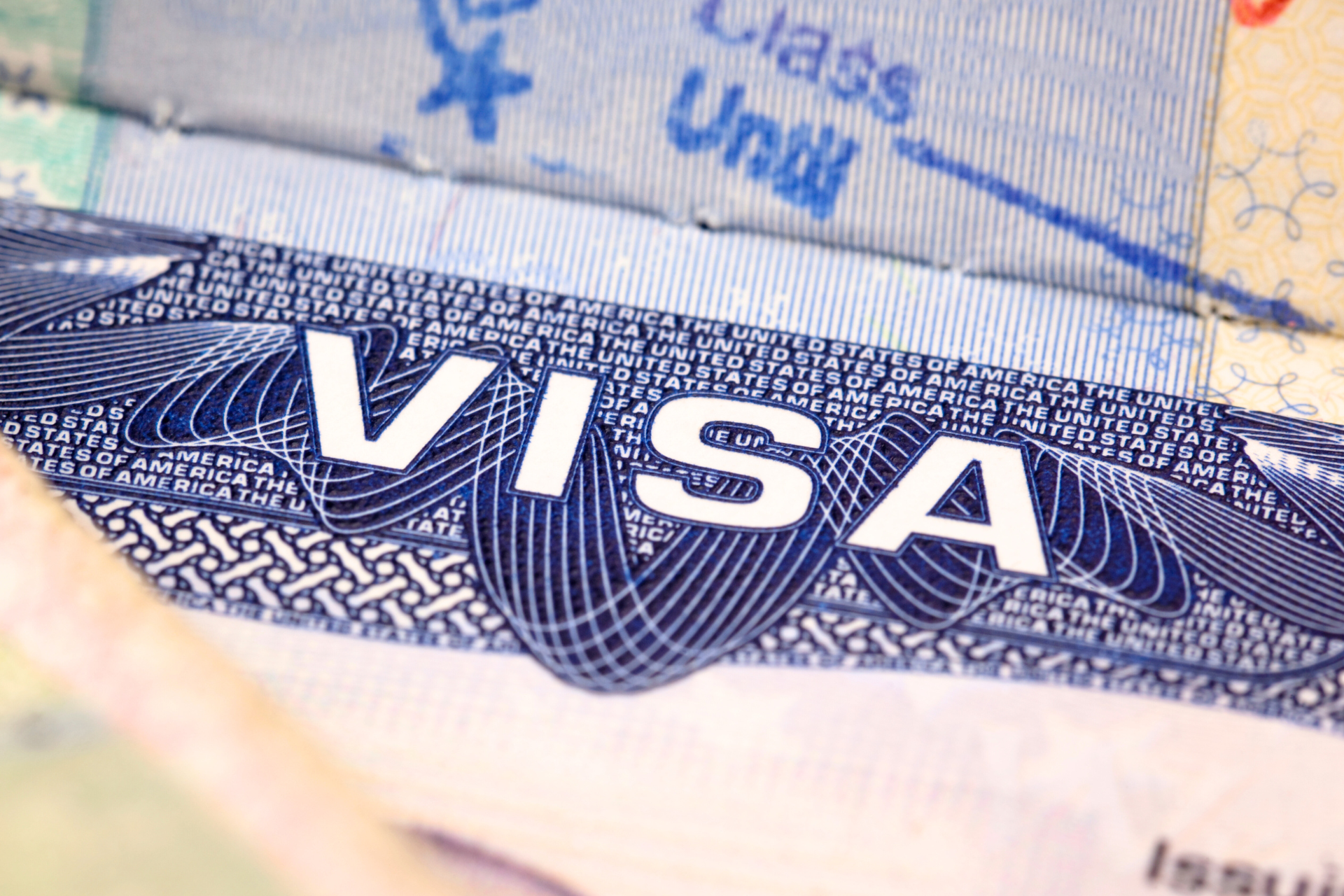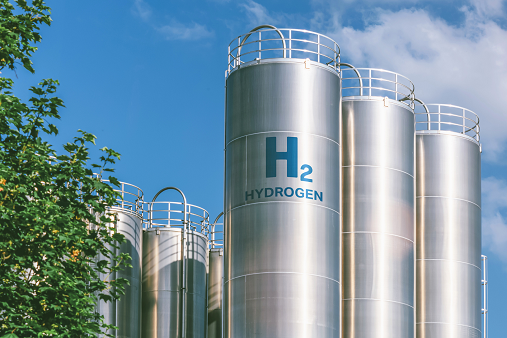The U.S. Department of Homeland Security announced late last year the release of more than 64,000 supplemental H-2B visas for fiscal year 2024 in an effort to match ever-increasing labor demands. Consistent with congressional authorization to add up to 64,716 H-2B visas under a discretionary annual cap based upon labor market needs, the additional H-2B visas will elevate the total to more than 130,000, including the regular annual limitation of 66,000.
As in prior years, the temporary final rule (TFR) will allocate a subset of the supplemental visas, 20,000 this year, to temporary workers from El Salvador, Guatemala, Haiti and Honduras. The announcement noted that the country-specific allocation intends to act in concert with efforts to reduce economic migration from the region, and now includes temporary workers from Colombia, Costa Rica, and Ecuador. The TFR reserves the remaining 44,716 supplemental visas for returning H-2B workers employed in the U.S. in the past three fiscal years.
Increased Demand for H-2B Visas
To provide context, H-2B visas predominantly support the seasonal needs of the landscaping, hospitality, and seafood processing industries. In recent years, the demand for this visa category has surged with employers exhausting the statutory cap for the first half of Fiscal Year 2024 by October 2023. Accordingly, employers have urged the current administration to offer the maximum number of visas to address labor shortages in seasonal industries exacerbated by the COVID-19 pandemic. However, an attempt to replace the supplemental visas with a returning worker exemption did not succeed in the House earlier this year.
Change on the Horizon
The fact this TFR closely mirrors the rule implemented for discretionary visas last year indicates a more permanent change may be on the horizon. Department of Homeland Security Secretary Alejandro Mayorkas’ statement in the agency’s announcement support this notion: “The Department of Homeland Security is committed to maintaining strong economic growth and meeting the labor demand in the United States, while strengthening worker protections for U.S. and foreign workers.” He added, “Our maximum use of the H-2B visa program also continues to build on our commitment to expand lawful pathways as an alternative to irregular migration.”
While a more permanent resolution has not yet succeeded in the House, “yet” appears to be the operative word, making the H-2B visa an important space to watch for employers requiring seasonal support.
This article was co-authored by Tieranny Cutler, independent contract attorney.














